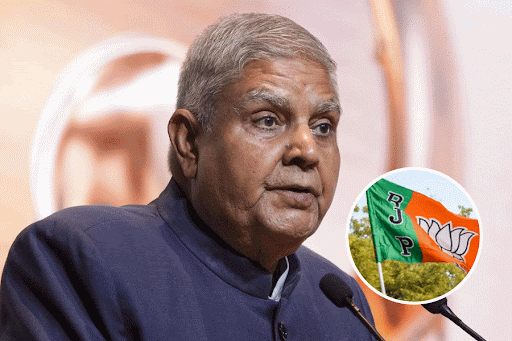India is one of the largest producers of oilseeds globally. But our consumption of edible oil is greater than domestic production, which makes us heavily dependent on imports. Over 60 percent of domestic oil demand is met through imports, and it is expected to increase further as per capita consumption has crossed 19 kg per annum now from 15.8 kg in 2012-13. India spent Rs 615 billion on the import of 13.35 million tonnes of vegetable oils during 2019-20. So we need to find a sustainable and efficient solution to improve the situation. The Government of India is making best efforts to increase edible oil production by encouraging farmers to grow oilseeds and adopt strategies to increase yield productivity. But these strategies will take time to yield results.
If we want to reduce our edible oil imports by 10 million tonnes, our oilseeds production will have to reach 54 million tonnes by 2025. This seems difficult with the current pace. The introduction of genetically modified (GM) oilseeds is one plausible solution, that can help achieve the target of becoming self-sufficient in edible oil production sooner. The current average output from regular mustard is 1.7 tonnes per hectares while it can be 2.6 tonnes if we use genetically modified DMH-11 mustard variety. GM crops maximise crop yield. GM soybean variety developed by the Washington State University yields 36 percent more grains while the India- developed DMH-11 mustard variety produces 25-34 percent higher seeds compared to the non-GM varieties.
There have been demands from different farmer groups to allow GM oilseeds in India, which will reduce dependency on imports as well as help farmers earn a higher income. Prime Minister-appointed 'high-level committee on transformation in agriculture has already recommended allowing GM crops for oilseeds. Oilseed extractors too have asked the Indian government to introduce GM oilseeds in the country saying oil extracted from Bt cotton is being in use and has been found safe. Many are asking for replacing about 50 percent of land under wheat and paddy cultivation in Punjab and Haryana with oilseeds. India is producing wheat and rice in surplus amount, which makes it plausible to switch to oilseeds. Wheat being a rabi crop, can be easily replaced with GM mustard. A majority of people in northern and eastern India consume mustard oil as a primary source of cooking oil. Moreover, oilseeds are not water-intensive crops like wheat and paddy. Therefore, oilseed cultivation would help in addressing the problem of fast-depleting groundwater levels as well.
Many advanced countries in Europe, Australia and the US have been cultivating GM crops for oilseeds such as rapeseed and Canola. In India, we urgently need a yellow revolution through GM mustard. Our government has increased minimum support prices for oilseeds significantly in recent years. Assured and higher yield supplemented by guaranteed remuneration in the backdrop of depleting ground water puts forward an opportunity to farmers, to get better yields and price for their produce.
Edible oil is an integral part of the diet of every Indian. Taking into account the rising population of the country, the oil demand will only increase and thus potential increase in import bills. Therefore, genetically modified oilseeds especially mustard is required to cater to the rising demand. We must encourage biotechnological interventions wherever possible. This will supplement the government's efforts to increase crop productivity and thus expedite the mission to bridge the gap between demand and production of edible oils in the country.










